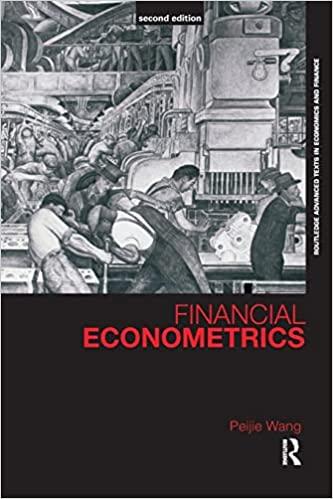Question
Consider the comprehensive example involving Burlington Resources (Table 16.5). In this example, it was assumed that forecasted sales and expected EBIT, as well as the
Consider the comprehensive example involving Burlington Resources (Table 16.5). In this example, it was assumed that forecasted sales and expected EBIT, as well as the interest rates on short-term and long-term debt, were independent of the firms working capital investment and financing policies. However, these assumptions are not always completely realistic in practice. Sales and EBIT are generally a function of the firms inventory and receivables policies. Both of these policies, in turn, affect the firms level of investment in working capital. Likewise, the interest rates on short-term and long-term debt are normally a function of the riskiness of the firms debt as perceived by lenders and, hence, are affected by the firms working capital investment and financing decisions.
| Forecasted Sales | Expected EBIT | ||||||
| (in Millions | (in Millions | Interest Rate | |||||
| Policy | of Dollars) | of Dollars) | STD (%) | LTD (%) | |||
| Aggressive | $98 | $9.8 | 8.5 | 9.5 | |||
| Moderate | 99 | 9.9 | 8.0 | 8.1 | |||
| Conservative | 100 | 10.0 | 7.5 | 6.7 | |||
Recompute Burlingtons rate of return on common equity under the set of assumptions concerning sales, EBIT, and interest rates for each of the three different working capital investment and financing policies provided in the table above. Round your answers to two decimal places.
| Policy | |||
| Aggressive | Moderate | Conservative | |
| Expected Rate of Return on Common Equity | % | % | % |
Step by Step Solution
There are 3 Steps involved in it
Step: 1

Get Instant Access to Expert-Tailored Solutions
See step-by-step solutions with expert insights and AI powered tools for academic success
Step: 2

Step: 3

Ace Your Homework with AI
Get the answers you need in no time with our AI-driven, step-by-step assistance
Get Started


